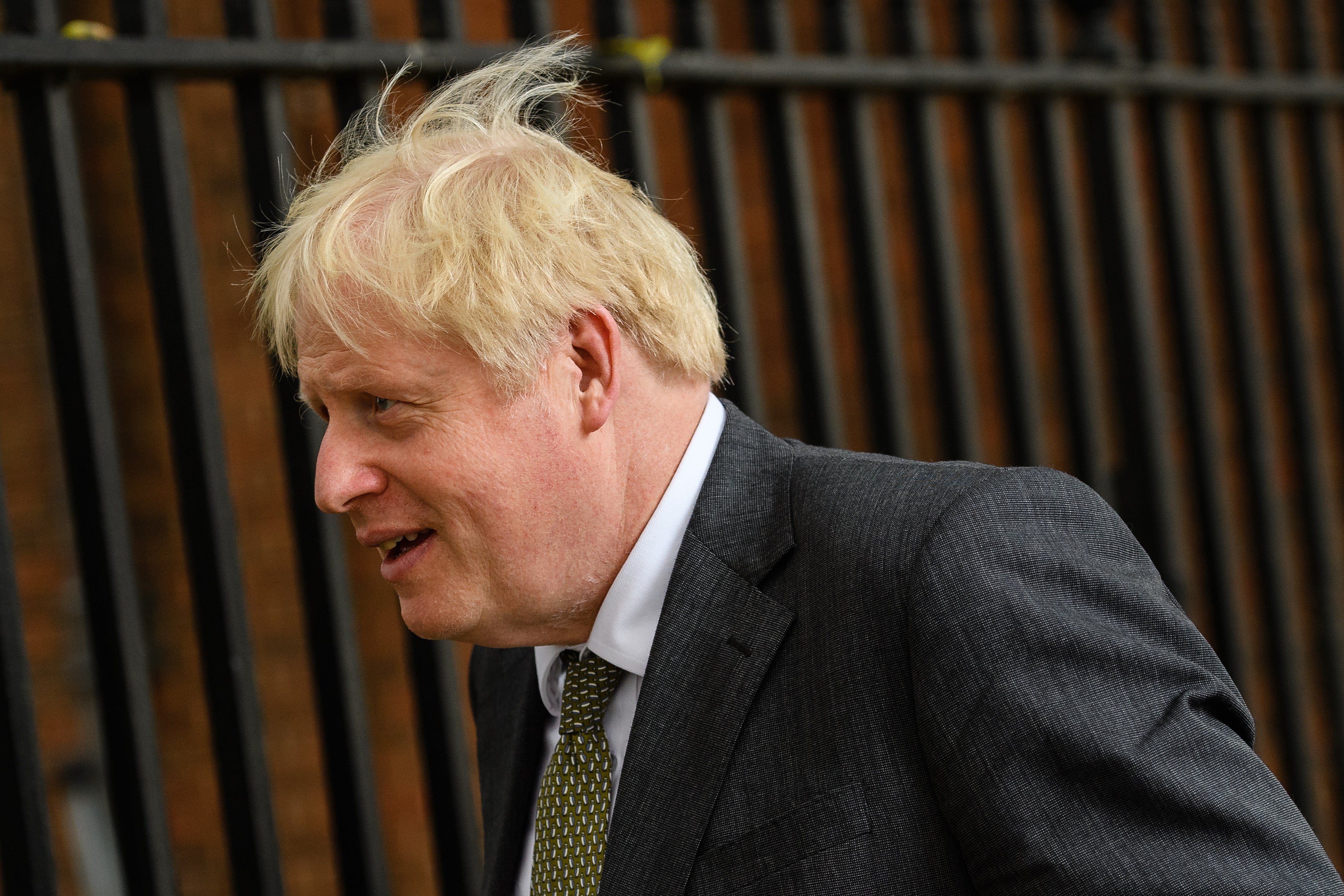Boris Johnson must work harder to take the whole country with him on coronavirus
Editorial: While political arguments rage over lockdown restrictions, we are still left with a nagging feeling that the government is acting too slowly

Boris Johnson is to make an announcement tomorrow about new restrictions to control the spread of coronavirus, especially in the north of England. His decision to do so in the House of Commons is welcome, because in the next phase of the crisis it will be more important than ever to take the whole country with him.
That means making announcements when he can be questioned by representatives of the people – not just in parliament, but in weekly news conferences where journalists can ask questions of him or his new spokesperson, Allegra Stratton.
But it also means talking to the leaders of local government in the affected areas. A minister should have been involved in discussions with Andy Burnham, the mayor of Greater Manchester, and his fellow mayors in the north, rather than leaving it to Sir Edward Lister, the prime minister’s adviser, to phone them late in the day. Mr Burnham is entitled to say that he “wouldn’t rule out” a legal challenge to the financial support announced by Rishi Sunak, the chancellor, on Friday.
While these political arguments rage, however, we are still left with a nagging feeling that the government is acting too slowly. A three-level “traffic light” system of restrictions has been under discussion for some weeks, and journalists, including on The Independent, have reported its imminent unveiling for some days. Yet the details appear even now not to be finalised, while the best intelligence leaking from Downing Street is that any new measures announced by Boris Johnson tomorrow will not take effect until Wednesday.
Given that the government’s scientific and medical advisers seem to be stressing the urgency of action at this critical phase of daily accelerating infections, there would have been no harm in making the announcement over the weekend, and with more or less immediate effect. That would not have precluded consulting northern mayors beforehand, or being accountable to parliament as soon as possible thereafter.
What is more worrying is that the crude measures that seem likely to be part of the third and most serious tier of the traffic-light system – banning people from mixing with other households indoors and closing pubs and restaurants – are an admission of failure. The purpose of expanding testing capacity was to provide a test, trace and isolate system that would make a second lockdown unnecessary. The prime minister and Matt Hancock repeatedly explained that the strategy would be to use such a system to identify and to respond quickly to local outbreaks.
The government has had nearly six months to set up an adequate testing regime that could have made this strategy possible, and yet we are already in a situation where the capacity of the test, trace and isolate system is being overwhelmed in large parts of the country.
The least the prime minister can do, when he stands up in the House tomorrow, is give an honest account of the government’s failings so far, and a realistic plan to make the best of a bad job over the winter.




Join our commenting forum
Join thought-provoking conversations, follow other Independent readers and see their replies
Comments